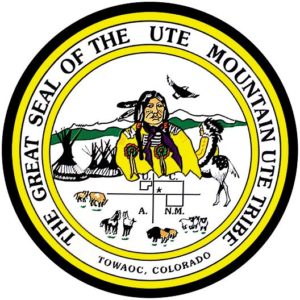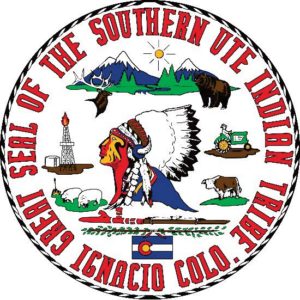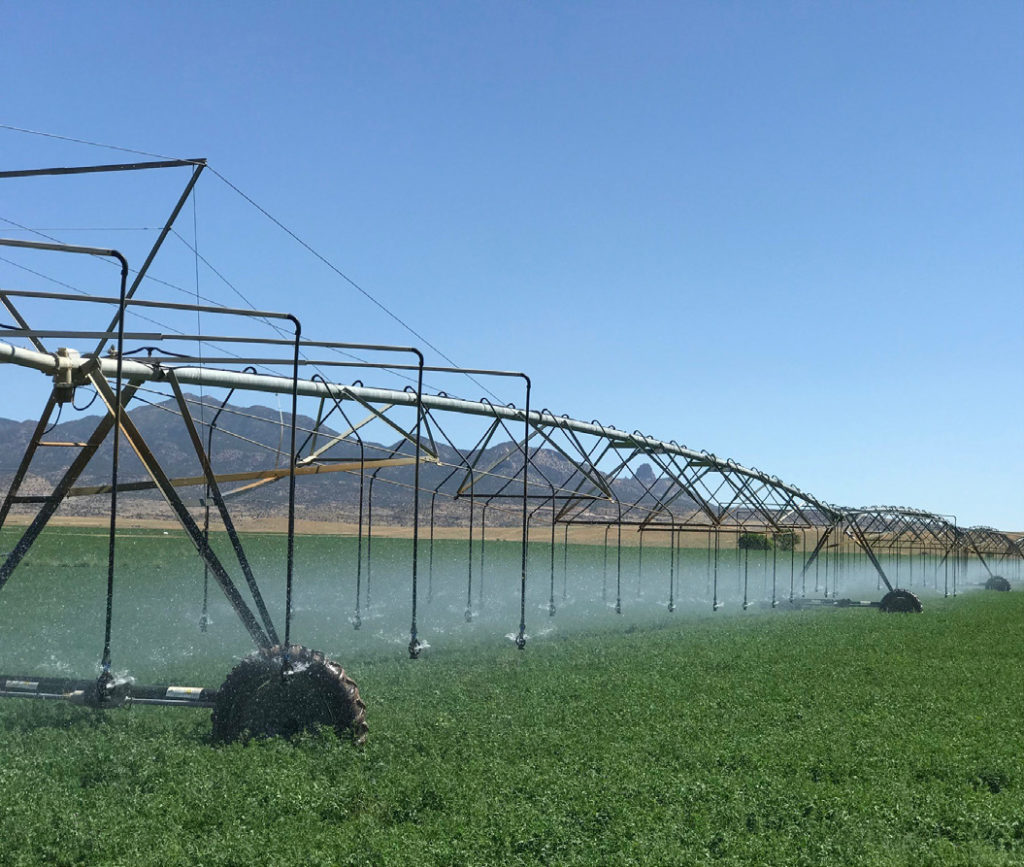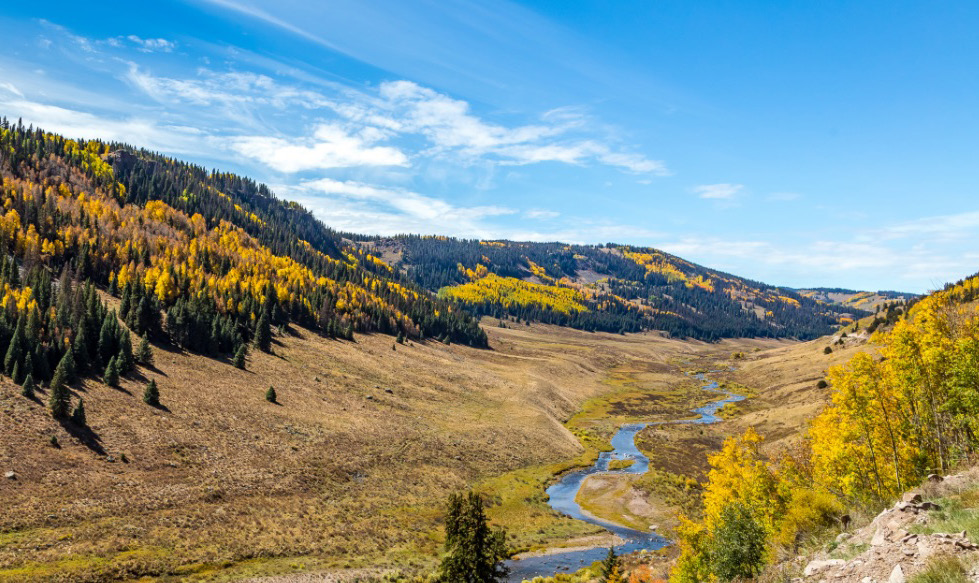Tribal federal reserved water rights were made absolute as part of the Colorado Ute Indian Water Rights Final Settlement Agreement (December 10, 1986) with the entry of the consent decrees in state court on December 31, 1991. The parties to the 1986 Settlement Agreement agreed that the Tribes may change their “reserved water rights from the types of use, places of use, amounts, times of use or location of points of diversion” if the Tribes and the U.S. file an application for a change of water rights in state water court. Further, the parties agreed that the Tribes may sell, exchange, lease, use, or otherwise dispose of any of its water rights within the state, so long as such uses comply with state and federal law, interstate compacts, and international treaties. These unique characteristics of the federal reserved water rights allow the Tribes to “grow into” their water rights without having to define the future use type or location of use.


Water is the giver and sustainer of life. The Creator instilled in the First Peoples the responsibility of protecting the delicate, beautiful balance of Mother Earth for the benefit of all living creatures. Native American people embrace the stewardship of water and lead from a spiritual mandate to ensure that this sacred water will always be protected, available and sufficient for cleansing, for growing and cooking food, and for sustaining native wildlife and plants. “

In 2018, when the state of Colorado updated projected water demands to support the planning scenarios investigated for the Technical Update to the Colorado Water Plan, BOR had nearly completed, but not yet published, the Tribal Water Study (it was published in December 2018). Both the SUIT and the UMUT participated in the Tribal Water Study and quantified their current use of federal reserved water rights as well as their projected full use of federal reserved water rights under various scenarios through 2060. Note that although a similar approach to represent changing climate and values was used to define future scenarios for the Tribal Water Study, they do not directly translate to the five planning scenarios developed for the Colorado Water Plan. Furthermore, the purpose of the Tribal Water Study was to understand how future use of water rights by the 10 participating Colorado River Tribes could potentially impact the entire Colorado River system. The SUIT and UMUT did not estimate demands, location of use, use type, or timing of development. As such, even after the Tribal Water Study was published, these non-specific future uses could not be incorporated into water availability analyses or included as projects in the BIP update.

Irrigated Lands below the Sleeping Ute Mountain –
Photo Credit: Eric Whyte – Ute Mountain Ute Tribe Farm & Ranch Enterprise
The Tribal federal reserved water rights have the potential to play an important role in not only addressing water management issues for the Tribes themselves, but also serving the greater interests of the community of Southwest Colorado. Furthermore, the special nature of tribal water rights may provide opportunities in the future that other water rights do not allow. Both Tribes are members of the Southwest BRT and recognize the importance of planning for future water use in the Southwest Basin. To that end, each of the Tribes have included a “Federal Reserved Water Rights Options Study” in the Project Database. The purpose of the studies is to explore viable options to develop their unused federal reserved water rights and identify specific near-term uses, including uses from storage in the Animas–La Plata Project. As specific uses are identified as part of the studies, separate projects will spin off for further analyses that explore more detailed economic benefits, infrastructure needs, and marketing opportunities. Based on the further analyses, viable projects identified will then be included in future updates to the Project Database and may be included in more detail in future water availability analysis.

The SUIT government organization includes a Water Resources Division that provides for the management, conservation, and use of the Tribe’s water resources; including strategic planning for the continuing development of water resources to benefit the Tribal membership. The UMUT Tribal Council formed a Water Resources Committee in 2021, with a primary goal of establishing a Water Resources Department that will assist the Tribal Council in managing and developing their water resources. Building the capacity to develop a UMUT Water Resources Department is included in the Project Database.
In addition to the Tribal federal reserved water rights, both Tribes also have “non-reserved” water rights within the Colorado water rights system. The UMUT owns four ranches with non-reserved water rights in the Southwest Basin and the Pinecrest Ranch and associated water rights in the Gunnison Basin. The continued beneficial use, development, and diligence of the water rights on the four ranches will also be explored as part of the UMUT Water Rights Option Study, and specific projects related to the ranches will be included in future updates to the Project Database.
The SUIT and UMUT are part of the Ten Tribes Partnership, a coalition of Colorado River basin Tribes that have come together to claim their seat at the table and raise their voices in the management of the Colorado River. Water is sacred to the Colorado River Tribes.
To learn more visit the tribe websites:
Southern Ute Indian Tribe – https://www.southernute-nsn.gov/
Ute Mountain Ute Indian Tribe – https://www.utemountainutetribe.com/